
School can be an extremely painful experience. Don’t get me wrong, in many ways my classes are thought-provoking and entertaining, but some of my classes make me want to scream out of agonizing frustration. Assigned reading is a common cause of this agitation. Though I enjoy reading, nothing sucks the fun out of an activity quite like being forced to do said activity.
Slowly reading three chapters a week and then taking countless quizzes over minute details while listening to everyone complain, “That wasn’t on Sparknotes,” definitely takes all the joy out of literature. While this definitely bothers me, I do appreciate much of the insightful interpretations of the text from my classmates and teachers. It is impossible, however, to overlook the overwhelming lack of representation of female authors in the classroom.
Through the ninth and 10th grades, not a single one of our assigned readings was written by a woman. Sure, we read some of the most important works of classical and modern literature, from Shakespeare’s Othello and Romeo and Juliet to Alex Haley’s An Autobiography of Malcolm X, but they don’t make up for not hearing a woman’s voice for two years. This lack of representation seems both incredibly unfair and glaringly obvious.
In 2007, NPR reported that women actually read more than men. Additionally, female authors are published at around the same frequency as male authors, yet they are missing from our school’s bookshelves. Reading a few poems written by a minister’s wife doesn’t really compensate for this disparity because, as the data suggest, we should be reading just as many works of literature written by women as written by men.
VIDA, an organization dedicated to supporting women in the literary arts, publishes an annual count comparing the attention female authors receive compared to males in various academic journals and news sources and the results always favor the latter. This indicates an enormous inequality in the art world: women are writing just as much, reading even more, and yet female authors are still being noticed less than their male counterparts. If Grady is in any way contributing to this discrimination of female authors, we need to fix that immediately, because it’s not proper for educators to endorse any kind of marginalization.
It isn’t as if women are just now entering into literature, either. Authors like Emily Brontë, Virginia Woolf, Sylvia Plath and Pearl S. Buck penned some of the most celebrated works of literature in their time. Harper Lee and Zora Neale Hurston gave a voice to Americans who couldn’t speak. And, of course, literary powerhouses such as JK Rowling and Suzanne Collins inspired generations with their fiction. It seems strange, given all of her success, that Rowling had to go by her initials to sell Harry Potter to boys (much like the author of The Outsiders S.E Hinton did to sell her book). It seems even stranger, though, that so few of these amazing women have been recognized in the literature classes I’ve taken at Grady.
I’m not sure if I will ever completely embrace assigned reading, and I certainly will not unless the hard work of female writers is represented in the classroom. I do appreciate Ms. Willoughby, though, because she is the first literature teacher I’ve had at Grady who has assigned books both in class and independent readings written by women. Despite what I’ve heard about it, I’m actually excited to read Beloved. A female’s perspective is long overdue.

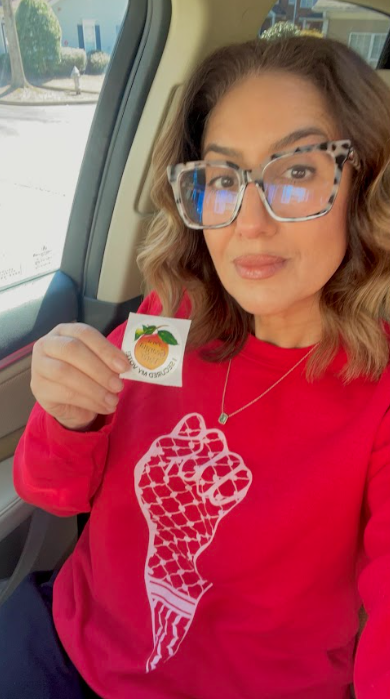
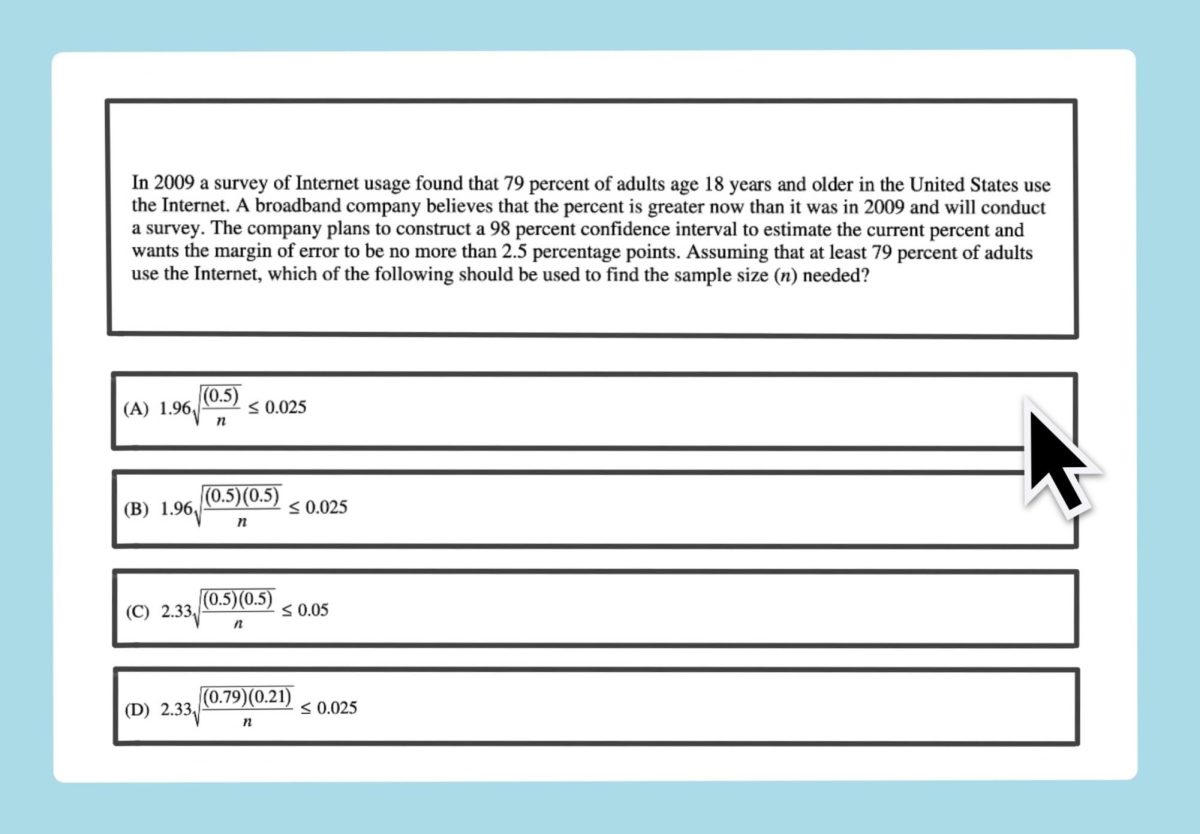



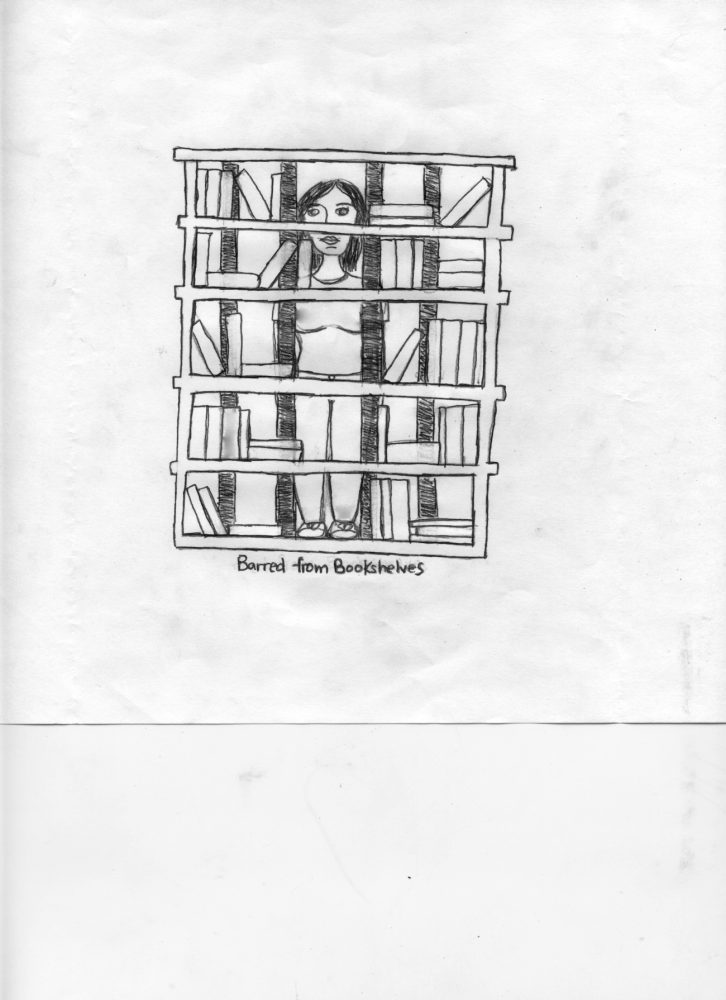



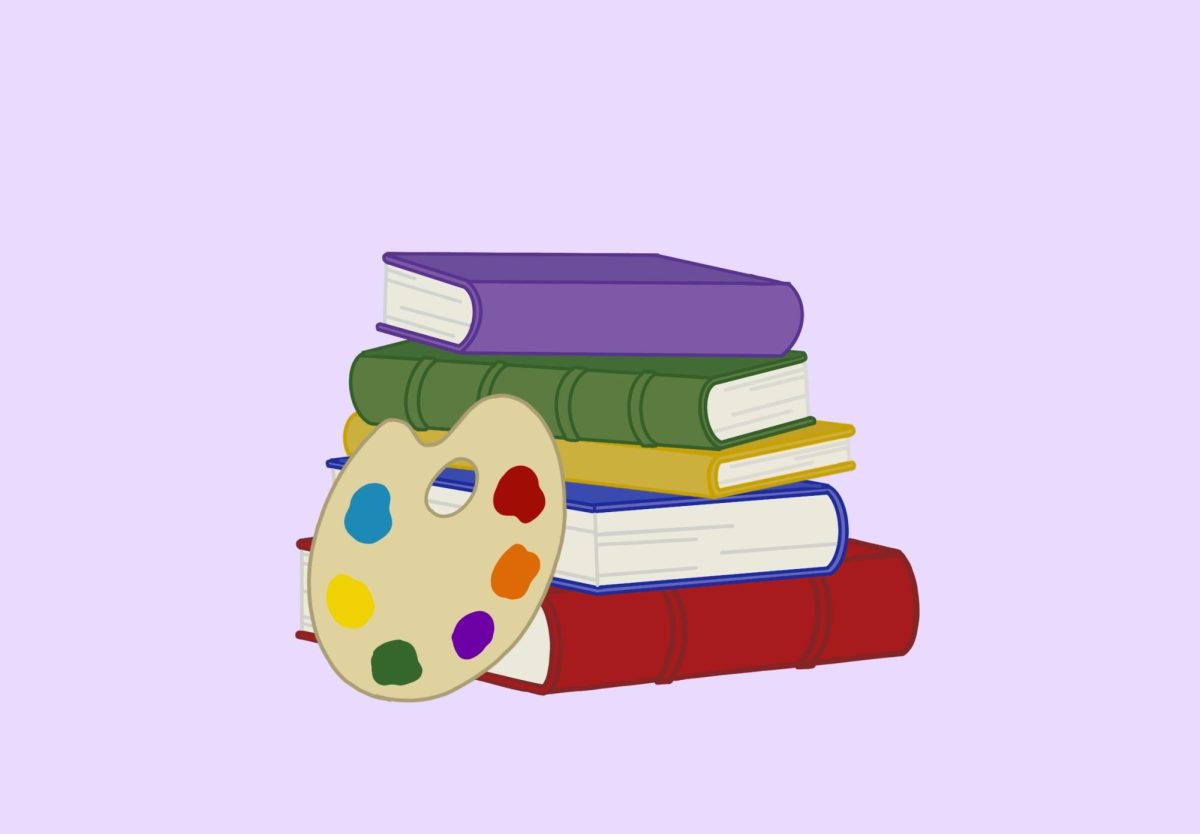

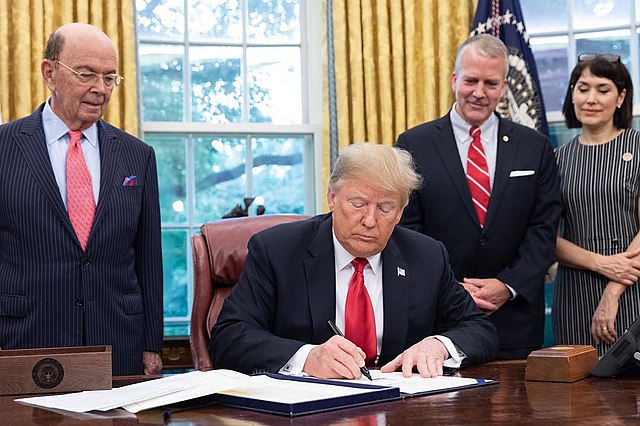

James Campbell • Apr 1, 2014 at 10:41 pm
Although I could just tell her in class, I wanted to write that I enjoyed Margo Stockdale’s commentary on the lack of female authors in the literature curriculum. When I taught literature, I actually struggled with this issue. When I taught a work of literature, I had to personally enjoy the work in order to effectively teach it. This unfortunately resulted in the over-representation of male authors in my course. In an attempt to have at least one female author in my repertoire, I of course chose a work of literature that appealed to me. The result was the inclusion of the abusive love story *Wuthering Heights* by Emily Bronte in the tenth grade curriculum, which, as I understand it, sophomores still hold against me.